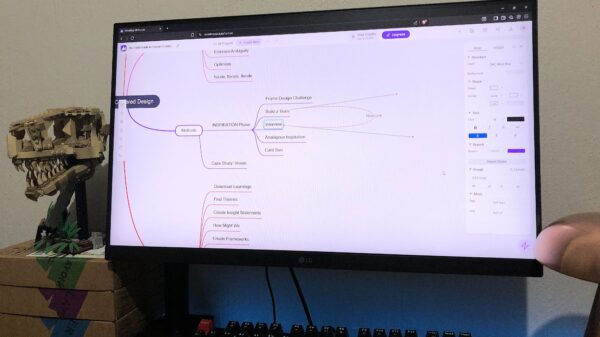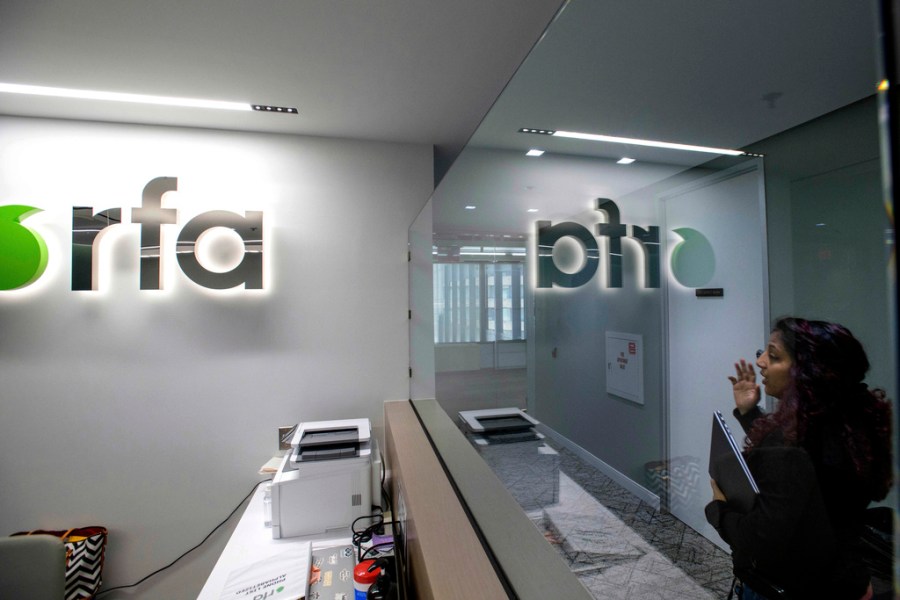UPDATE: In a shocking turn of events, Radio Free Asia (RFA) has announced it is halting operations for the first time in its 29-year history. This unprecedented decision comes as the organization grapples with a critical funding crisis, partly triggered by the recent government shutdown and cuts initiated by the Trump administration.
The announcement was made on Wednesday, with RFA’s executive editor, Rose Hwang, stating that the organization is suspending its essential services “due to uncertain funding.” This news is particularly alarming as RFA has long been a vital source of independent news in Asia, providing coverage that often challenges government narratives.
Hwang expressed deep concern for the dedicated journalists at RFA who have faced significant risks in their pursuit of truth, stating, “For RFA journalists who sacrificed so much in defying powerful interests, this is a heartbreaking moment.” This stoppage not only impacts the staff but also millions of listeners who rely on RFA for accurate and timely information.
The implications of this operational pause are profound. With the media landscape becoming increasingly constrained, the suspension could leave a significant information void in regions where free press is already under siege. RFA has been instrumental in shedding light on pressing issues in countries like China, North Korea, and Vietnam, where government censorship is rampant.
As the situation develops, the future of RFA remains uncertain. The organization is actively seeking alternative funding sources, but the timeline for resuming operations is unclear. This is a critical moment for media freedom and the role of independent journalism in the region.
WHAT’S NEXT: Stakeholders and supporters of RFA are urged to monitor developments closely. The organization is exploring options to mobilize support and funding, with the hope of resuming its vital services as soon as possible.
The public response to this funding crisis will be crucial in determining the future of RFA. Advocates emphasize the importance of maintaining a robust independent media presence, especially in today’s increasingly polarized information environment.




































































